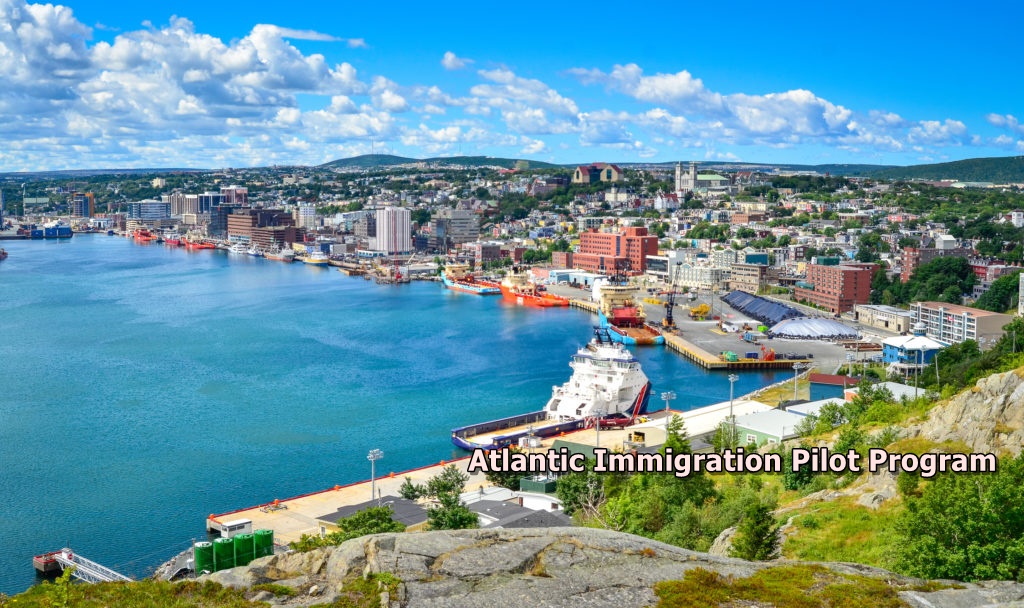How does Atlantic Immigration Pilot Work
The program involves three category, which include Atlantic High skilled, Atlantic Intermediate-Skilled, and Atlantic International Graduate programs. As the names of the programs suggests, they are customized in terms of education, work experience, and the job offer.
In the experience category, the candidate should have worked at least 1,560 hours for the last three years. It can be in either different occupation or same, paid or voluntary, amongst many other.
In International Graduates, candidates will not need any work experience while on the education category; they should possess a Canadian post-secondary or secondary certificate. Canadian degree or diploma will be an added advantage. Those who do not have these Canadian certificates but have foreign, they will have to undertake ECA to validate their worth to the Canadian educational system.
On the job offer category, candidates should possess a job offer that is from an employer located in Atlantic province, have been reviewed by the province, and non-seasonal. They have grouped high skilled workers into levels 0, A, and B, which will be the preset condition for candidates.

Intermediate-skilled workers should fall under skill level 0, A, B, or C and the job will last for at least one year.
Candidates should have undergone approved language test and score at least level four. The results of these tests should not be more than 2 years old.
They should also proof they have adequate money to support themselves and their families after resettlement.
If they meet all these, they will have to undergo needs assessment before settlement. This will qualify them to get a plan that explicitly spells the community they will join.
Finally, the employers will have to complete a comprehensive endorsement application for every candidate and their ability to fill a vacant position.






